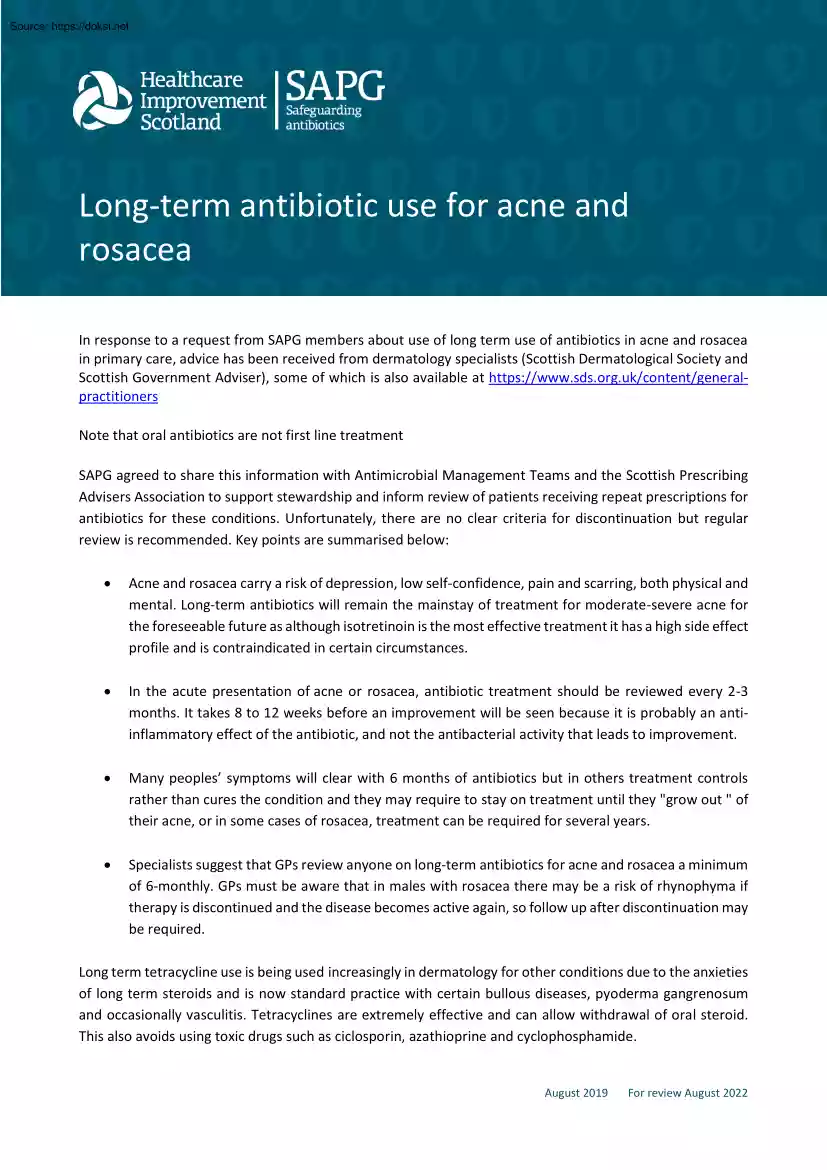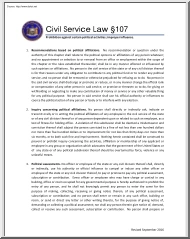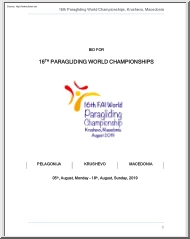A doksi online olvasásához kérlek jelentkezz be!

A doksi online olvasásához kérlek jelentkezz be!
Nincs még értékelés. Legyél Te az első!
Mit olvastak a többiek, ha ezzel végeztek?
Tartalmi kivonat
Long-term antibiotic use for acne and rosacea In response to a request from SAPG members about use of long term use of antibiotics in acne and rosacea in primary care, advice has been received from dermatology specialists (Scottish Dermatological Society and Scottish Government Adviser), some of which is also available at https://www.sdsorguk/content/generalpractitioners Note that oral antibiotics are not first line treatment SAPG agreed to share this information with Antimicrobial Management Teams and the Scottish Prescribing Advisers Association to support stewardship and inform review of patients receiving repeat prescriptions for antibiotics for these conditions. Unfortunately, there are no clear criteria for discontinuation but regular review is recommended. Key points are summarised below: Acne and rosacea carry a risk of depression, low self-confidence, pain and scarring, both physical and mental. Long-term antibiotics will remain the mainstay of treatment for
moderate-severe acne for the foreseeable future as although isotretinoin is the most effective treatment it has a high side effect profile and is contraindicated in certain circumstances. In the acute presentation of acne or rosacea, antibiotic treatment should be reviewed every 2-3 months. It takes 8 to 12 weeks before an improvement will be seen because it is probably an antiinflammatory effect of the antibiotic, and not the antibacterial activity that leads to improvement Many peoples’ symptoms will clear with 6 months of antibiotics but in others treatment controls rather than cures the condition and they may require to stay on treatment until they "grow out " of their acne, or in some cases of rosacea, treatment can be required for several years. Specialists suggest that GPs review anyone on long-term antibiotics for acne and rosacea a minimum of 6-monthly. GPs must be aware that in males with rosacea there may be a risk of rhynophyma if therapy is
discontinued and the disease becomes active again, so follow up after discontinuation may be required. Long term tetracycline use is being used increasingly in dermatology for other conditions due to the anxieties of long term steroids and is now standard practice with certain bullous diseases, pyoderma gangrenosum and occasionally vasculitis. Tetracyclines are extremely effective and can allow withdrawal of oral steroid This also avoids using toxic drugs such as ciclosporin, azathioprine and cyclophosphamide. August 2019 For review August 2022
moderate-severe acne for the foreseeable future as although isotretinoin is the most effective treatment it has a high side effect profile and is contraindicated in certain circumstances. In the acute presentation of acne or rosacea, antibiotic treatment should be reviewed every 2-3 months. It takes 8 to 12 weeks before an improvement will be seen because it is probably an antiinflammatory effect of the antibiotic, and not the antibacterial activity that leads to improvement Many peoples’ symptoms will clear with 6 months of antibiotics but in others treatment controls rather than cures the condition and they may require to stay on treatment until they "grow out " of their acne, or in some cases of rosacea, treatment can be required for several years. Specialists suggest that GPs review anyone on long-term antibiotics for acne and rosacea a minimum of 6-monthly. GPs must be aware that in males with rosacea there may be a risk of rhynophyma if therapy is
discontinued and the disease becomes active again, so follow up after discontinuation may be required. Long term tetracycline use is being used increasingly in dermatology for other conditions due to the anxieties of long term steroids and is now standard practice with certain bullous diseases, pyoderma gangrenosum and occasionally vasculitis. Tetracyclines are extremely effective and can allow withdrawal of oral steroid This also avoids using toxic drugs such as ciclosporin, azathioprine and cyclophosphamide. August 2019 For review August 2022




 Módszertani útmutatónkból megtudod, hogyan lehet profi szakdolgozatot készíteni. Foglalkozunk a diplomamunka céljaival, a témaválasztás nehézségeivel, illetve a forrásanyagok kutatásával, szakszerű felhasználásával is. Szót ejtünk a szakdolgozat ideális nyelvezetéről és struktúrájáról és a gyakran elkövetett hibákra is kitérünk.
Módszertani útmutatónkból megtudod, hogyan lehet profi szakdolgozatot készíteni. Foglalkozunk a diplomamunka céljaival, a témaválasztás nehézségeivel, illetve a forrásanyagok kutatásával, szakszerű felhasználásával is. Szót ejtünk a szakdolgozat ideális nyelvezetéről és struktúrájáról és a gyakran elkövetett hibákra is kitérünk.